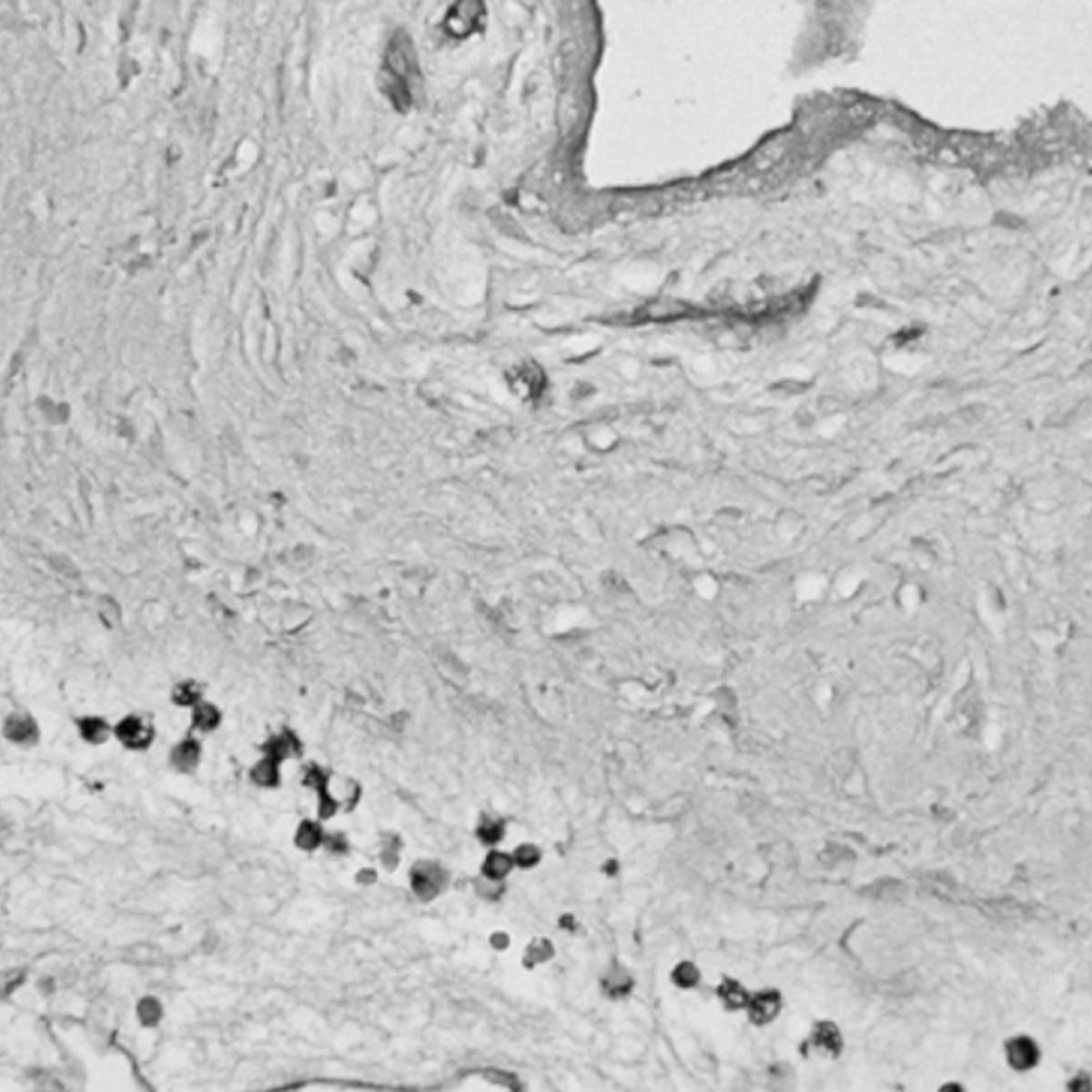
Stephanie Correa, Ph.D.
- Associate Professor, Integrative Biology and Physiology

Stephanie Correa, Ph.D., studies how reproductive hormones — in particular, estrogen — act on the hypothalamus to affect temperature and energy balance. The goal of this work is to better understand the weight gain and hot flashes that people can experience during the menopausal transition and to identify avenues for developing non-hormonal treatments for these symptoms.
Correa strives to define the estrogen-sensitive and sex-specific neural circuits that regulate temperature, energy balance and feeding behavior. The menopausal transition is associated with hot flashes and increased visceral body fat. Correa seeks to understand how estrogens act on the hypothalamus to alter temperature homeostasis and metabolic health. To understand the mechanisms by which estrogen alters homeostasis, Correa focuses on how the brain regulates temperature and energy balance, the differences in homeostatic neural circuits in males and females and how homeostatic circuits are modulated by estrogen.
Using genetically engineered mice and new viral tools to define the neurons that drive estrogen-responsive and sex-specific changes in energy balance, Correa is able to dissect the effects of estrogen on distinct neuronal populations with spatial, molecular and temporal specificity. These studies can shed light on and improve the experiences of those undergoing the menopausal transition.
Research Projects
- Understanding the effects of estrogen on the neural circuits that control body temperature and energy regulation
- Understanding how reproductive and metabolic cues alter the neural circuit that controls food intake
- Studying the dynamic effects of sex hormones on the brain, physiology and health
-
Post-doctoral Fellowships
- Molecular Neuroendocrinology, UC San Francisco, 2015
- Genetics, Development, Boston University Medical Center, 2011
Degree
- Ph.D., Neurobiology and Behavior, Cornell University, 2007

